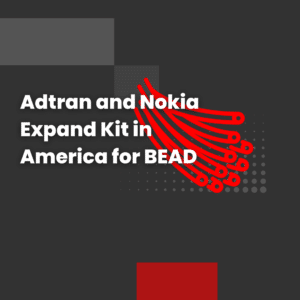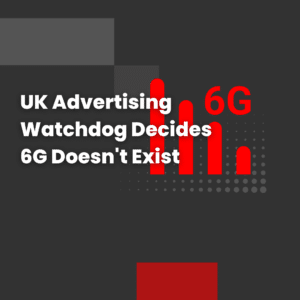The Committee of Advertising Practice (CAP) has issued new guidelines regarding advertising practices in response to the recent price increases imposed on UK subscribers. These price hikes, which were implemented by operators and ISPs in April, have received negative feedback from customers. Typically, the price increase amounted to 14.4% and was allowed under the contract terms, which entitled providers to raise prices by the rate of inflation plus 3.9% at the beginning of each tax year. However, many customers were unaware of this clause, resulting in significant controversy when the price hike was unexpectedly imposed. This was particularly frustrating for those on flat rate plans who had assumed their rates would remain constant throughout the contract period.
Given that the price increases were contractually legitimate, the CAP, responsible for enforcing advertising codes through the Advertising Standards Authority (ASA), had limited options to address the issue. Nevertheless, the recently published guidance offers recommendations that, if disregarded, may lead to ASA action against the offending company.
To summarize, advertisements are considered less misleading when they adhere to the following guidelines:
- They do not state or imply that a price will remain unchanged for the entire contract duration if that is not the case.
- Price claims are accompanied by equally prominent information that alerts consumers to the possibility of a mid-contract price increase.
- The details of the increase are clearly highlighted in relation to the price.
- Inflation-related terminology is presented in a clear and easily understandable manner.
- The total amount the consumer will pay after the increase is specified once the relevant rate is determined.
- Consumers are informed of the impact on other related services if they choose to terminate a variable contract due to a price increase.
During the drafting of the guidance, the CAP engaged in extensive consultations with telecommunications companies and other industry stakeholders, the details of which can be found in the provided link. Although summarizing all the responses is challenging, it appears that major advertisers, understandably, were hesitant to inundate their ads with fine print and complex terminologies such as Consumer Price Index (CPI). Nevertheless, it is only fair that they are not allowed to imply that prices will remain static throughout a contract if that is not the case.
Hyperoptic, an alternative network (altnet) provider, has consistently criticized mid-contract price rises and promoted itself as a company that does not implement such increases. The company actively participated in the consultation process, advocating for even stricter rules on how mid-contract price rises are communicated. Hyperoptic appears to be reasonably satisfied with the outcome.
According to James Fredrickson, Policy Director at Hyperoptic, “This is the beginning of the end for mid-contract price rises. Broadband advertising rules have allowed these price hikes to be kept in the small print, leaving millions of customers unaware of what they’re really signing up to. With the high rate of inflation and squeeze on household incomes, the government should be pushing all operators to comply with these new rules immediately.”
While the claim made by Fredrickson may be overly optimistic, it is hopeful that companies will be compelled to be more transparent. The last statement highlights that the guidance will not take effect for another six months, during which many more people could sign contracts without sufficient awareness of potential price increases in the near future. The CAP states that this time is necessary to allow companies to make changes to their advertising campaigns.



